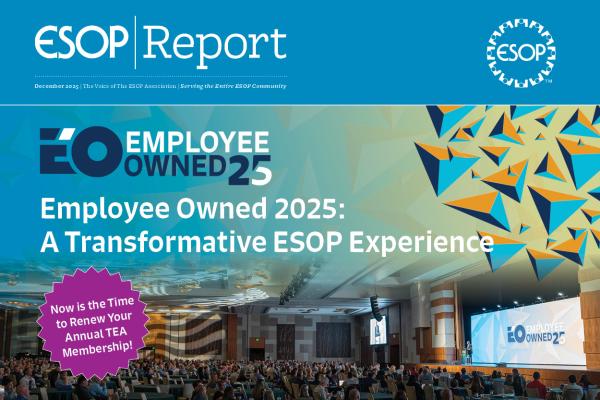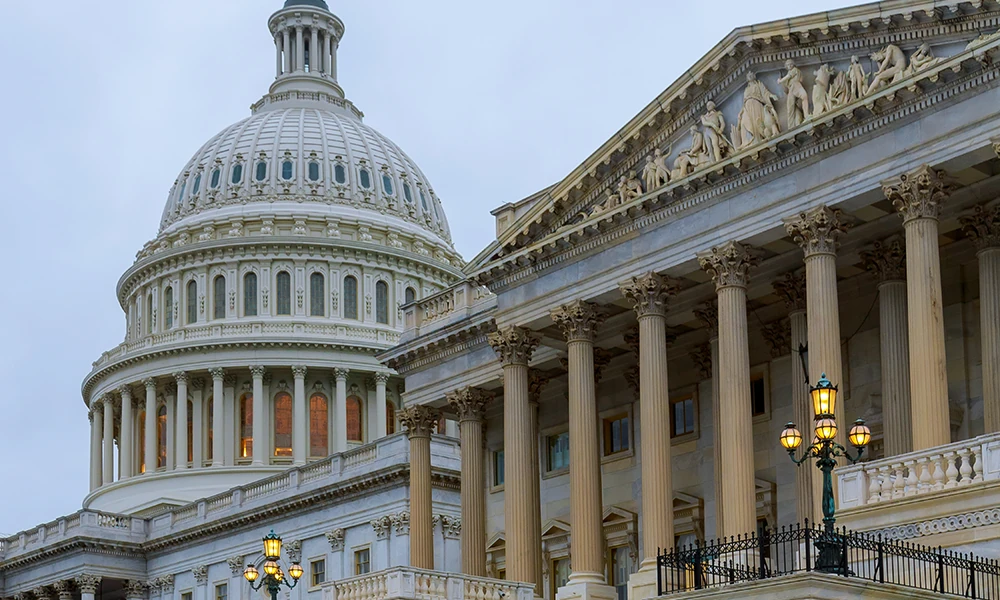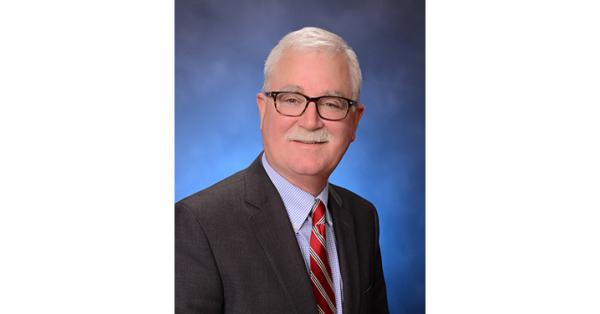On a very strong 24-2 bipartisan vote, the Senate Appropriations Committee has passed the Labor, Health and Human Services, Education and Related Agencies Appropriations Bill for the 2024 Fiscal Year that begins October 1. As one of 12 annual spending bills Congress must pass before the end of September, this is the initial step in funding the U.S. Department of Labor for the next year. The ESOP Association and its membership have been seeking language that instructs the Secretary of Labor to use FY2024 spending to formally “stand up” the Employee Ownership Initiative within DOL and as part of that effort, undertake a notice-and-comment public rulemaking on the Adequate Consideration standard.
Senate Appropriators included The ESOP Association’s requested language. House Appropriators are expected to take up their version of the bill after the August district work period and therefore have not yet publicly released the report language that will accompany their version of the bill. With the September 30 spending deadline rapidly approaching and serious differences on high level policy between the GOP-held House of Representatives and the Democrat-held Senate, many observers expect the fall government spending debate to last until the end of the calendar year.
“It is no secret that this year’s Appropriations process is going to be very challenging and with serious confrontations,” said TEA President and CEO Jim Bonham. “The good news is that at this early stage in the process we have very strong bipartisan and bicameral support among Appropriators and the Congress overall for the WORK Act and regulatory clarity on ESOP valuations. We are grateful to all Appropriators – in both the Senate and House – who have been helpful in recognizing the need to be directive to DOL on these topics.”
Directive language in the accompanying report to appropriations bills provides clarity for federal agencies on Congress’ intentions and serves as a directive for how Congress expects particular departments or agencies to spend taxpayers’ dollars within the available resources they are providing. Regarding the Employee Ownership Initiative, the Senate Appropriations Committee included the following language in the FY24 Labor-HHS report:
- Implementation of Employee Ownership Initiative.—Within available resources, the Committee expects EBSA to create and widely disseminate educational materials focused on promoting best practices in employee ownership through the Employee Ownership Initiative authorized by section 346 of the SECURE 2.0 Act of 2022. 21 The Committee requests EBSA to describe in its fiscal year 2025 CJ actions completed and planned related to the initiative.
The Appropriations committee very clearly spells out that the Employee Benefits Security Administration (EBSA) within the Department of Labor should use funds appropriated for Fiscal 2024 to fulfill its mandated responsibilities with respect to establishing the Employee Ownership Initiative. As a precursor to future funding, the committee also asks EBSA to provide congressional justification (CJ) for its Fiscal Year 2025 funding regarding the EOI’s progress.
Equally important, the Committee placed special focus on a formal notice and comment rulemaking for adequate consideration standards and procedures. Congress included a requirement for this rulemaking within the WORK Act and now Appropriators are expressing that the rulemaking should be both a priority for FY2024 and that issuing such guidance should be through a formal process that includes stakeholder input.
- Adequate Consideration Guidance.—The Committee notes that the SECURE 2.0 Act of 2022 also directs the Department to issue formal guidance on the adequate consideration exemption, as defined in section 407(d)(6) of ERISA. The Committee urges the Department to prioritize a timely, formal notice and comment rulemaking on the adequate consideration exemption that ensures taxpayers benefit from stakeholder input and experience, consistent with congressional intent.
Acknowledging this initial progress, it's important to take a step back and understand exactly the status and dynamics of the FY 2024 appropriations process. The House and Senate are controlled by different parties with diverging approaches and competing priorities related to funding the federal government. Based on the competing versions of just the Labor-HHS-Education appropriations bill, the two sides are far apart on most provisions. However, there appears to be strong support for these EO provisions. Both chambers have departed for the August recess, leaving them less than a month to reconcile all appropriations bills before the government runs out of money at midnight on September 30.
If Congress cannot reach agreement on some or all of the 12 appropriations bills before the deadline, the remaining options will be a Continuing Resolution (CR) to fund government programs past midnight September 30, or a shutdown. Given the political posturing and maneuvering we’ve seen to date, it’s difficult to see a scenario where all appropriations bills pass both chambers before September 30. It is in these treacherous waters that TEA is working carefully to navigate the establishment and future funding of the Employee Ownership Initiative.
So what does that mean in the near term? Despite the difficulties facing the FY 2024 appropriations process, at this point we are in a very good position and the implementation of the WORK Act is moving forward. This year’s process has been very difficult politically, and we continue to work closely and carefully with our Congressional champions in both the House and Senate.







